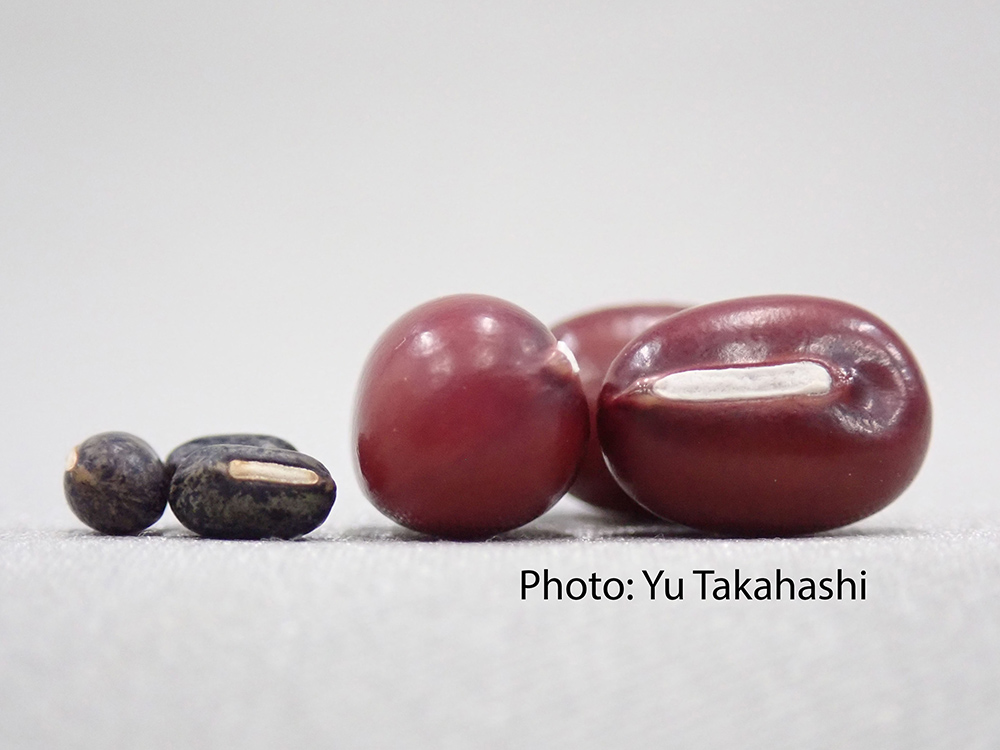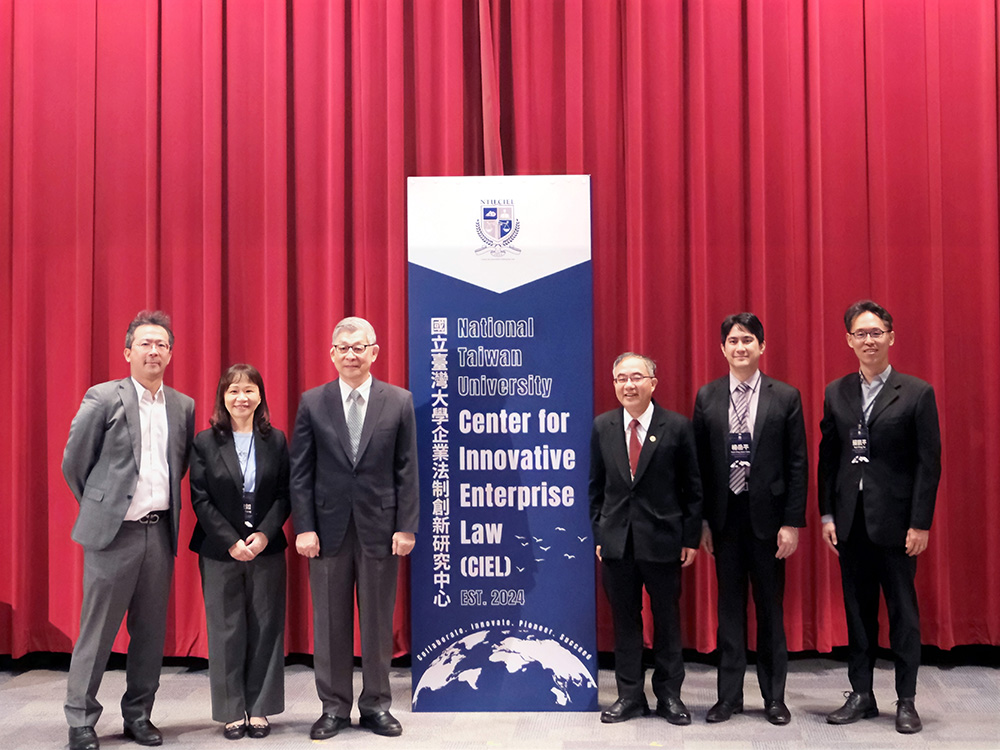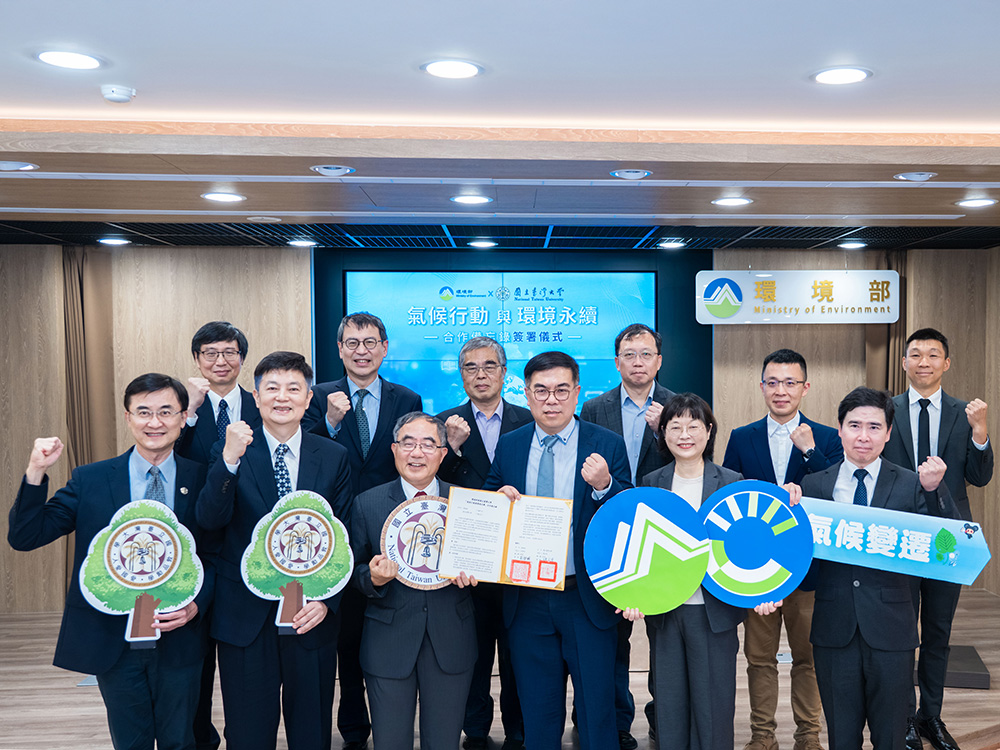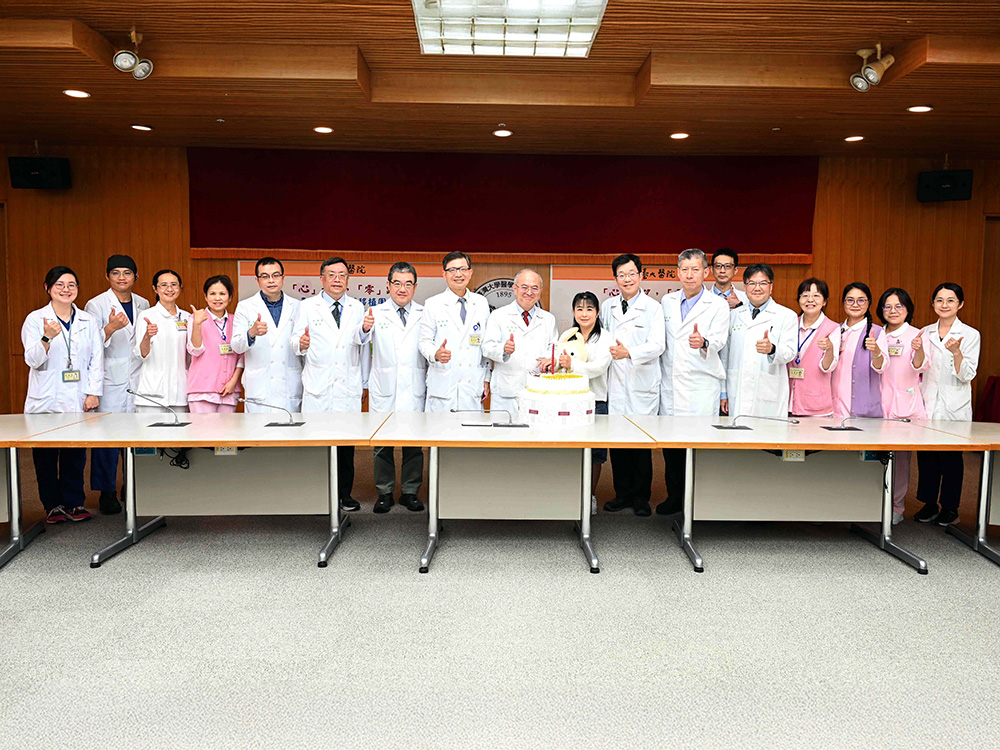
A Distinguished Global Research Center Established at NTU under Trilateral Cooperation
瀏覽器版本過舊,或未開啟 javascript
請更新瀏覽器或啟用 javascript
Spotlights
AI-SWAS Smart Healthcare Team at the National Taiwan University Hospital.
AI-SWAS differentiates 4 conditions of a wound: erythema, inflammation, necrosis, and infection.
The National Taiwan University (NTU) and the National Taiwan University Hospital (NTUH) have jointly developed the "Smart Wound Assessment System" (AI-SWAS), aiming at tracking the conditions of postoperative wounds, detecting abnormalities in time, and providing timely recommendations. The System, built on an artificial intelligence (AI) platform and through a mobile phone app, automatically interprets the conditions of postoperative wounds and provides professional advice to patients. Physicians can also monitor the wound healing process via the app after patients return home.
AI-SWAS Automatically Interprets the Conditions of Postoperative Wounds and Provides Professional Advice
AI-SWAS uses AI algorithms to analyze data on wounds and to detect erythema, inflammation, necrosis, and infection. In the current experiment, it is 90% accurate in assessing the condition of a wound as normal or abnormal, and 91% accurate in assessing the condition of a wound showing signs of erythema, inflammation, necrosis, and infection.
The new generation of postoperative wound tracking system has incorporated a software that interprets images of wounds automatically. In this study, 131 images of wounds from 46 patients were taken. Images of wounds were collected every day after surgery, as the database to train artificial intelligence to differentiate conditions of wounds. The AI-SWAS platform also includes a software for adjusting brightness and colors of images that patients have uploaded, which removes factors that may lead to misinterpretation. It has successfully excluded tattoos on the skin from images of wounds.
Physicians Monitor the Wound Healing Process After Patients Return Home via AI-SWAS App
Through the AI-SWAS mobile phone app, patients record the conditions of postoperative wounds at home using mobile phones, and upload postoperative wound images to the AI-SWAS platform periodically. The AI-SWAS platform informs physicians to review images via text messages, and send advice for wound management back to patients via AI-SWAS APP. Patients can view the postoperative wound images as well as advice for wound management (such as patient education materials) via the AI-SWAS APP.
AI-SWAS automatically interprets images of wounds based on their colors, in order to assess whether wounds are slowly healing and returning to their original healthy state. If other conditions occur, such as inflammation, the color of the wound changes, and AI-SWAS will provide recommendations after interpreting the image, akin to a second opinion from another healthcare professional, significantly reducing the time medical staff spend on interpretation. Patients receive timely advice for wound management, establish a channel for communication with attending physicians, and save the time spent on traveling to and from hospitals. Medical staff have a convenient means for telemonitoring that reduces their workload.
The AI-SWAS APP developed by NTU is designed on the Android platform, for installation on mobile phones and tablets using the Android operating system. App designed on the iOS platform is currently in progress. The NTUH plans to expand the application of AI-SWAS to manage all types of wounds (non-surgical wounds) in the coming year.

A Distinguished Global Research Center Established at NTU under Trilateral Cooperation

Collaborative study between NTU and Japan uncovers the origin of Adzuki Beans and agriculture in Japan

NTU Launches Center for Innovation in Enterprise Law—with Forum Highlighting Trump’s Policy and Legal Shifts Amid Geopolitical Tensions

NTU and Ministry of Environment Sign MOU to Advance Net-Zero Transition and Environmental Resilience

NTU Hospital’s Cardiac Transplant Team Pioneers Beating Heart Transplant with Zero Ischemic Time
Current Spotlights